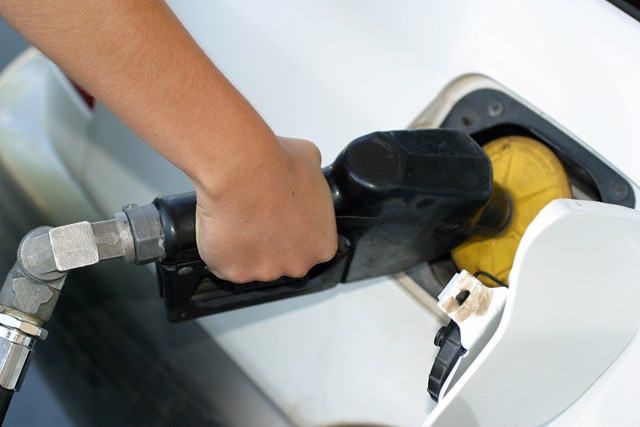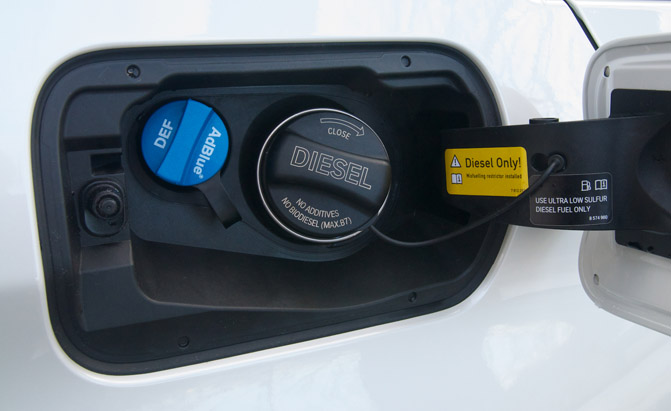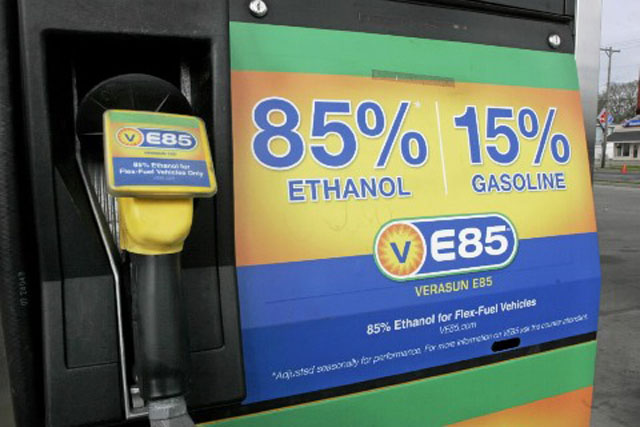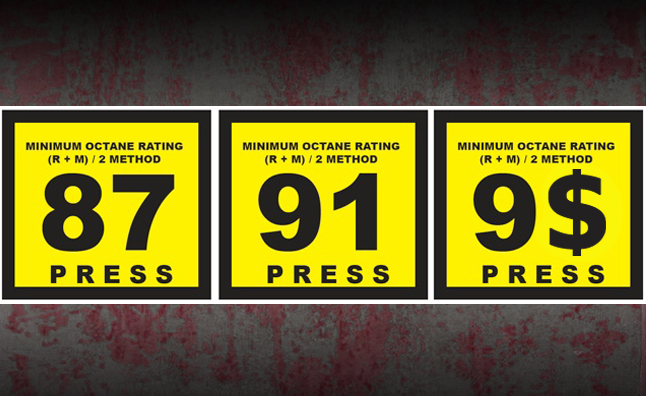Does your car need regular fuel or premium? Gas or diesel? What happens if you put the wrong fuel into your car?
The results vary wildly from case to case, but you need to be careful about what kind of fuel you put in your car and be aware of what effects your actions might have. Putting the wrong fuel in your car is a surprisingly common mistake that no one ever wants to admit to, but don’t worry, we have your back.
What Happens When You Put Diesel in a Gas Car?
Due to the different types of nozzles used for gas and diesel fuel at stations, its usually kind of difficult to mix them up, but mistakes do happen. If you realized your mistake, the important thing is to stop driving the car. Parking and turning off the engine will limit the damage that will occur. Otherwise, the car will use up the remainder of the gas in the tank and eventually shut down, since gas engines can’t combust diesel.
What you need to do is drain the tank and fuel lines, fuel rails and injectors of the diesel fuel. You can try to do this yourself, but a mechanic will be better suited to handle this kind of work. Usually, there’s no permanent damage, but this kind of fix can cost anywhere between $500 and $1,000 plus the cost of a tow to the closet mechanic.
What Happens When You Put Gas in a Diesel Car?
Going the other way around is far more harmful and dangerous for your car. Diesel is not only a fuel, but serves as a lubricant as well, so you can really damage the fuel-injector pump by using gasoline instead of diesel.
That’s not the only thing that can go wrong. Diesel and gasoline have different combustion properties, meaning that gas would detonate much earlier in a diesel engine. As a result, you’ll get misfires and knocking that will require certain parts of the engine to be repaired, rebuilt or replaced, which will be expensive.
If you discovered that you accidentally put diesel into your gas-powered car, you need to stop running the engine immediately and get a tow to a mechanic, where they will drain and clean your system.
ALSO SEE: Do I Really Need Premium Gas?
What Happens When You Put E85 in a Gasoline Car?
Some pumps are labeled as E85. E85 is a fuel that has a much higher blend of ethanol. Some cars, labelled as flex-fuel vehicles or FFV can switch between E85 and normal pump gas without any issues, but if you accidentally fill your non-FFV car with E85, you may notice some issues.
For starters, you’d at least get a check engine light, but you can top off the rest of your tank with regular gas and ride it out. “One time misfueling should not cause any long-term damage,” said Robert White, vice-president of industry relations at the renewable fuels association. “Even that light will cycle off once the fuel mixture issue has been resolved.” He also pointed out that “accidentally fueling with extra ethanol is not like a diesel misfueling that automatically shuts down the vehicle, requires service and expensive maintenance. Consumers are usually able to navigate the issue with little issue, and the number of calls we get has dropped tremendously over the years.”
So if you’ve accidentally put E85 into your gas car, top it up with regular gas a few times and ride it out.
What Happens When You Put Premium Fuel in a Car that Doesn’t Need It?
Some people think that using Premium in a vehicle that doesn’t need it will turn their car into an asphalt-eating monster. Sorry to burst your bubble, but nothing significant will happen. In some cases, like while towing or in hot, dry weather you might see a slight benefit, but due to the engine computers adjusting their timing automatically to compensate for the increased octane levels, no damage or noticeable benefits will occur.
What Happens When You Put Regular Gas in a Car that Needs Premium?
On the other hand, using lower octane fuel in a car that calls for premium can cause some serious internal damage. You’ll likely notice the spark knock, which is best described as a sort of a high-pitched pinging or rattling noise. Fortunately, the engine computers can adjust timing to limit the amount of damage caused, but you’ll definitely notice reduced performance and worse fuel economy. Switch back to premium fuel as soon as you can, because all that spark knock can cause long-term damage.












